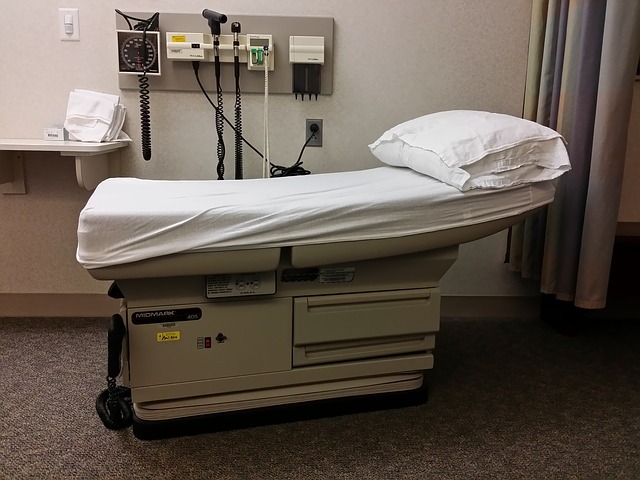Are you at a lost for words when it comes to asking questions about your vaginal health? Women visit their gynecologic oncologist and will shy away from letting their doctors know about certain symptoms they are experiencing. Some symptoms are more normal than others, but there are cases where symptoms are more severe than they appear, and you should let your gynecologic oncologist know about them as soon as possible.
While you may be asked questions yourself during your doctor visit, it is important to bring attention to symptoms you have recently started experiencing. Preventative care is the number one way to help with women’s health. If you are speaking up and letting your gynecologic oncologist know what you are experiencing, they can take the required measures to check if the symptoms of your vaginal health are regular or if it is something to monitor.
5 Symptoms to Talk to Your Gynecologic Oncologist about
Remember to always let your gynecologic oncologist know of any new symptoms you are experiencing. Some of these symptoms may be the symptoms affecting your vaginal health. By letting them know of your symptoms in time, your gynecologic oncologist could evaluate your symptoms to check it isn’t anything severe or if they will be monitoring you further.
Constant abdominal pain
Cramps are the norm for menstrual periods. Abdominal pain you experience after or before your menstruation may be a symptom for a gynecologic oncologist should know. They will monitor your pain to check if it is a symptom of ovarian cysts or endometriosis.
Pain during sexual intercourse
Have you started to feel pain while having sexual intercourse? This is a common symptom of cervical cancer and ovarian cysts. Inform your gynecologic oncologist if you have recently begun experiencing these pains and they will track your vaginal health so they can prevent the symptoms from escalating to something more serious.
Abdominal bloating
All women get bloated during pre-menstruation or during menstruation. Abdominal bloating you experience outside of those times is a potential symptom of ovarian cancer. Let your gynecologic oncologist know about these symptoms so they can take the proper precautions to prevent the symptoms from becoming something serious.
Vaginal bleeding
Spotting during irregular times of the month or during sexual intercourse is something to not take lightly. Call your gynecologic oncologist and schedule an appointment with them to have your symptoms check out. Abnormal vaginal bleeding is a key symptom of uterine cancer.
Pelvic pain
Experiencing pelvic pain is a rarity and should not be brushed off. Pelvic pain is another key symptom for cervical cancer and uterine cancer. Have your gynecologic oncologist check you to see if there is anything irregular they may feel. This preventative step could help you from suffering something more serious in the future.
Let Us Know Your Symptoms
Our gynecologic oncologists at Nevada Surgery and Cancer Care will evaluate any symptoms you are worried about. We will monitor and guide you through preventative care through gynecologic oncology services. Schedule an appointment today!

